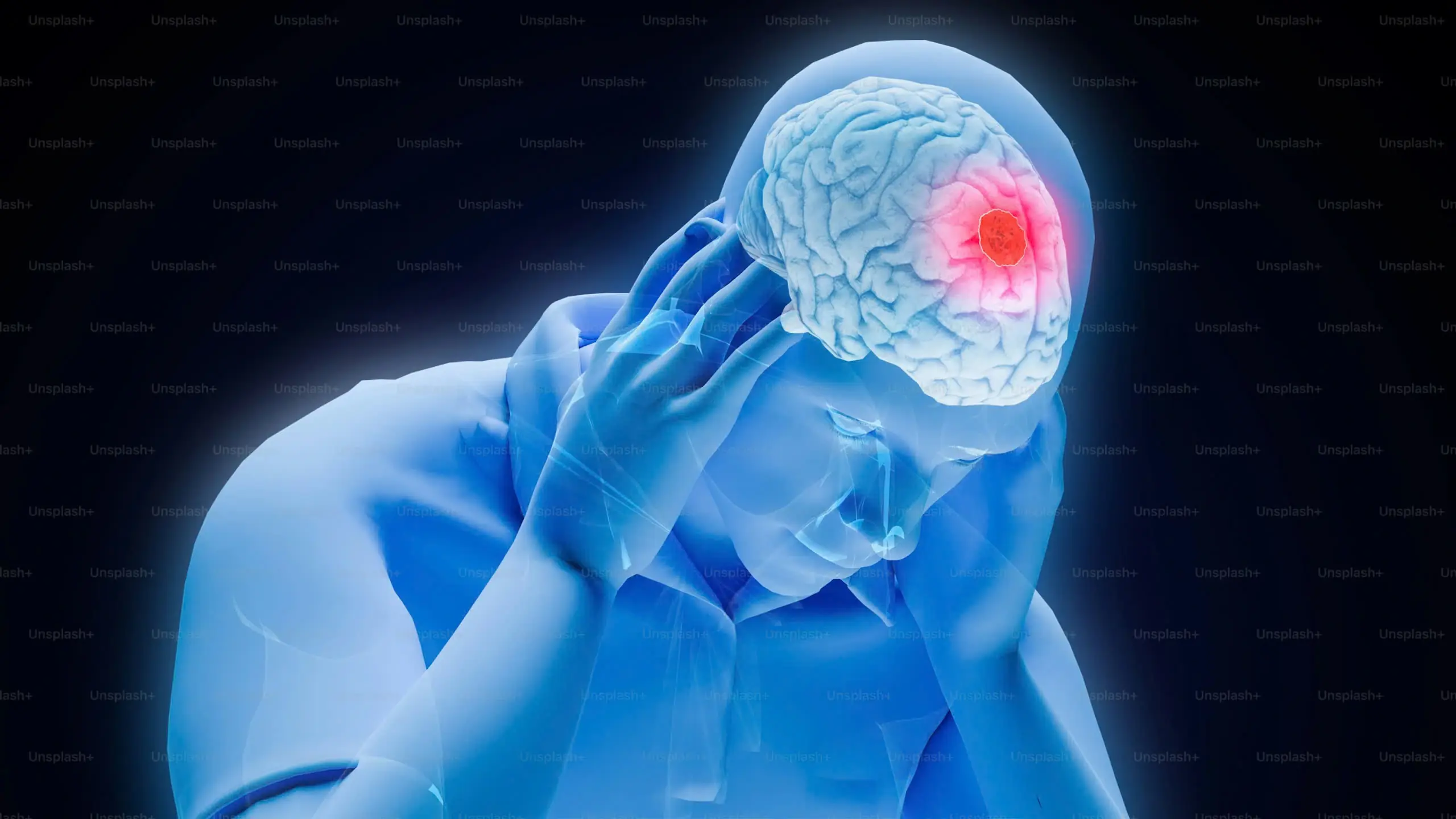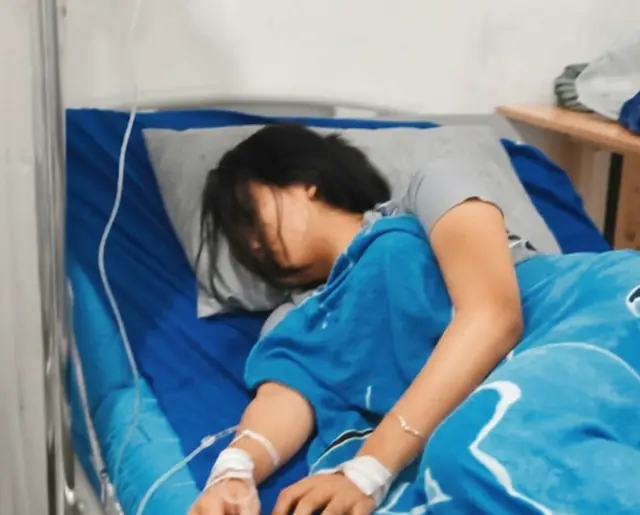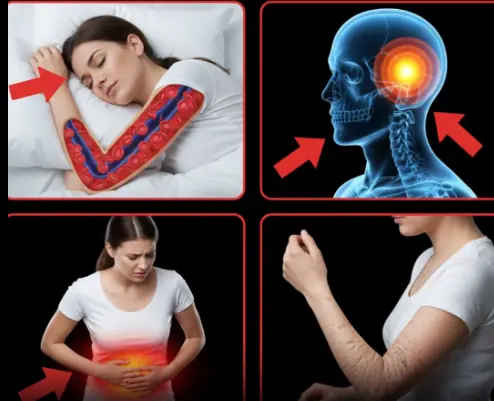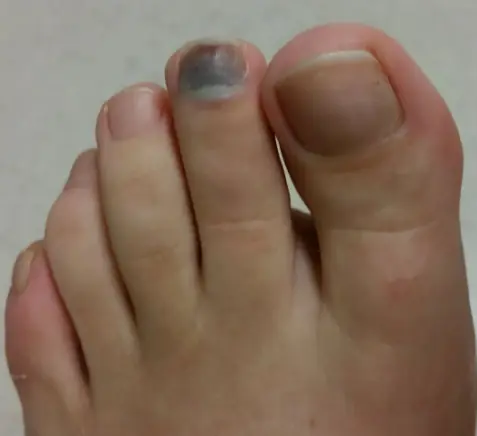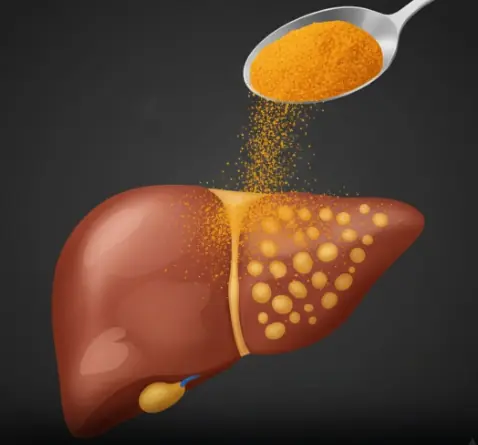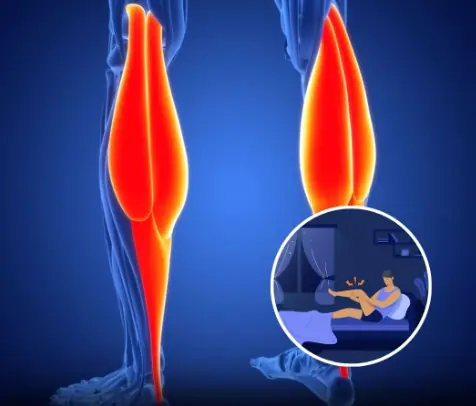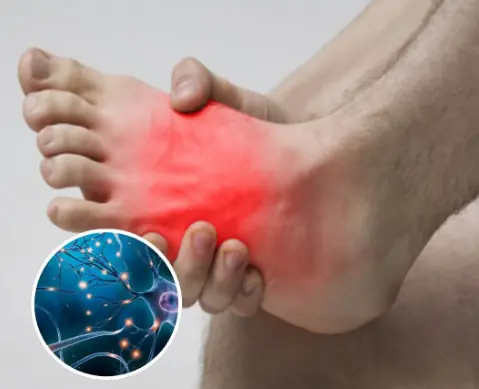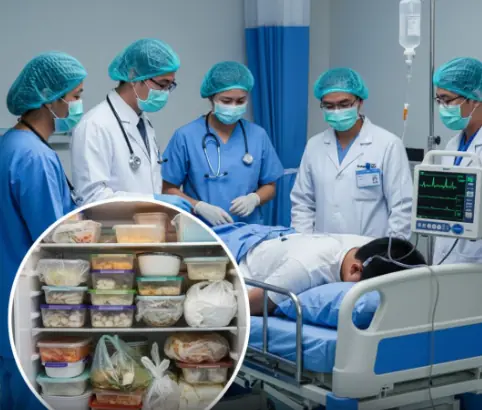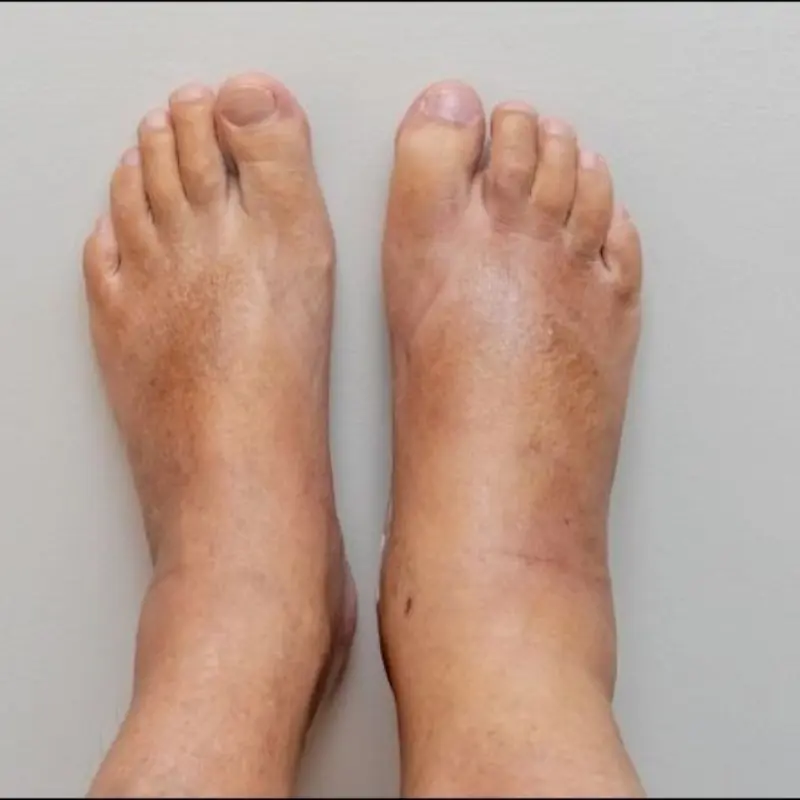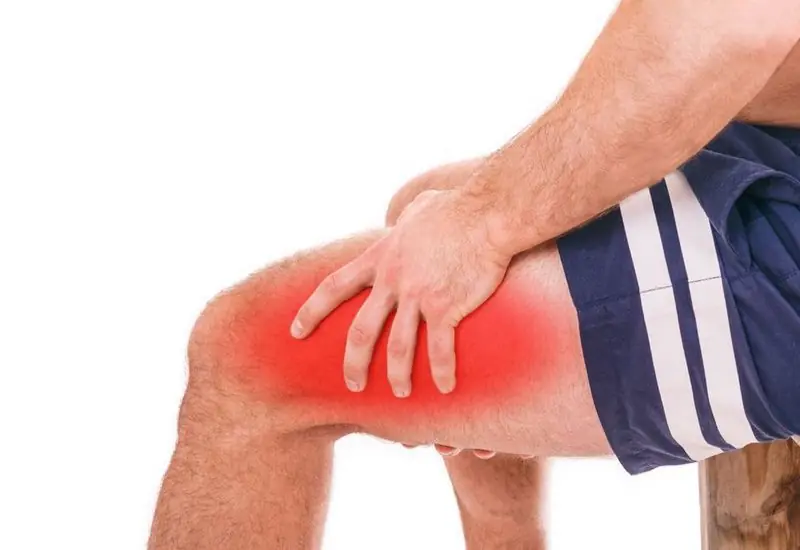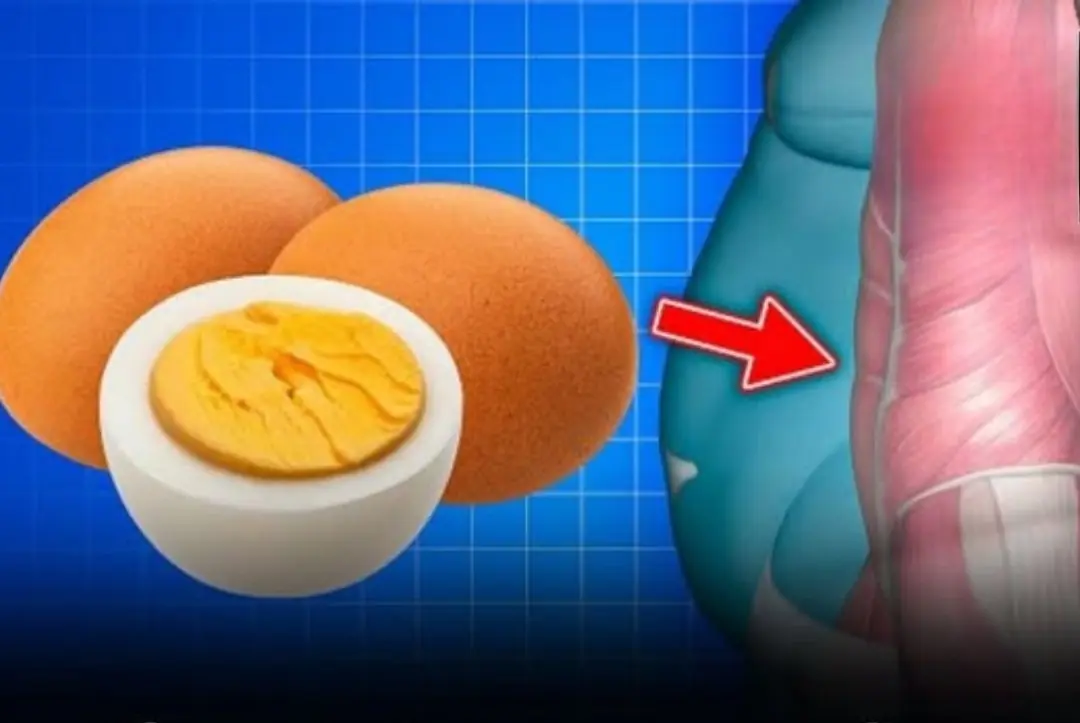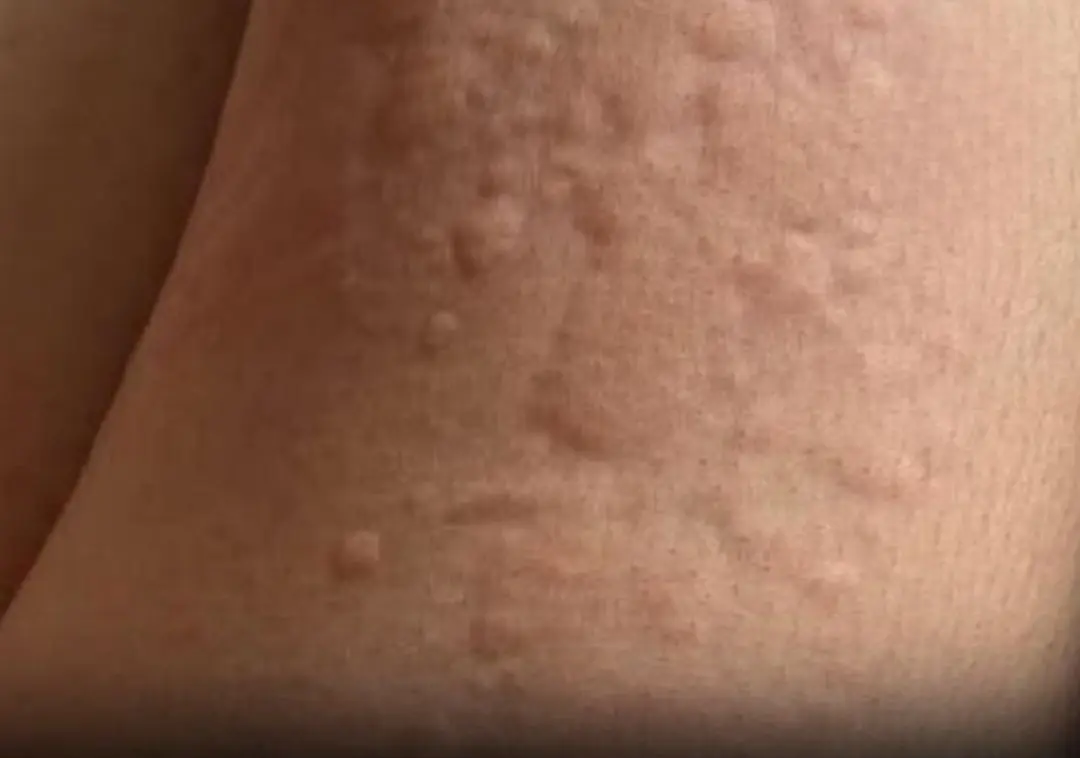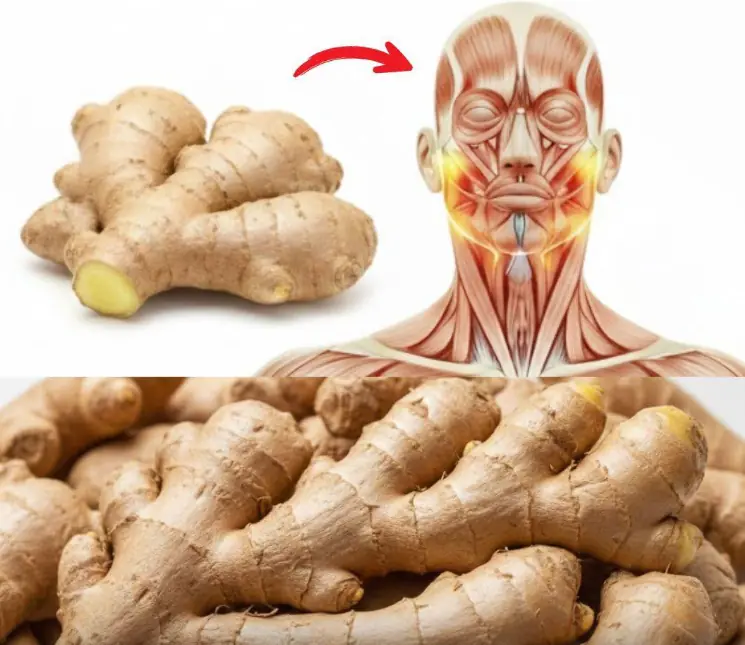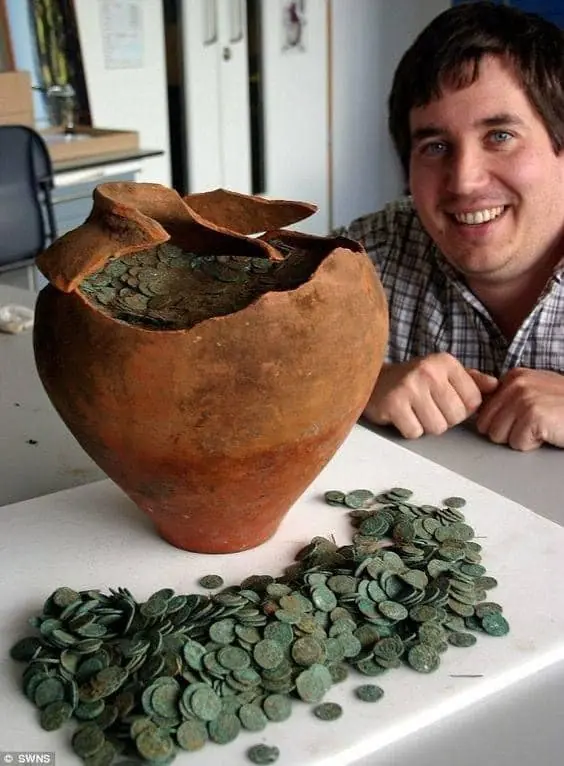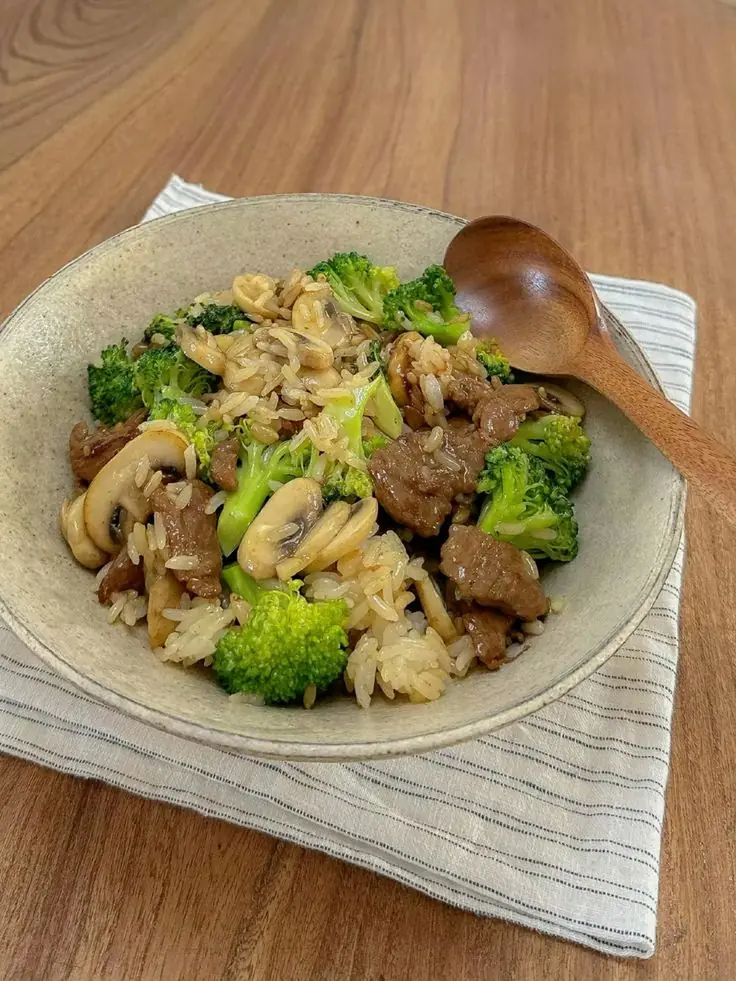Cancer remains one of the world’s most formidable health challenges, with millions affected globally every year. Despite advances in chemotherapy, radiation, and immunotherapy, many conventional treatments operate by aggressively destroying cancer cells. This approach, while often effective, brings significant side effects, risks of recurrence, and damage to healthy tissues.
In a striking departure from these traditional strategies, researchers at the Korea Advanced Institute of Science and Technology (KAIST) have pioneered a novel technology that can reprogram colon cancer cells, reverting them back to normal, healthy cells without destroying them. This breakthrough has the potential to reshape cancer treatment paradigms by offering safer, more targeted therapies with fewer adverse effects.
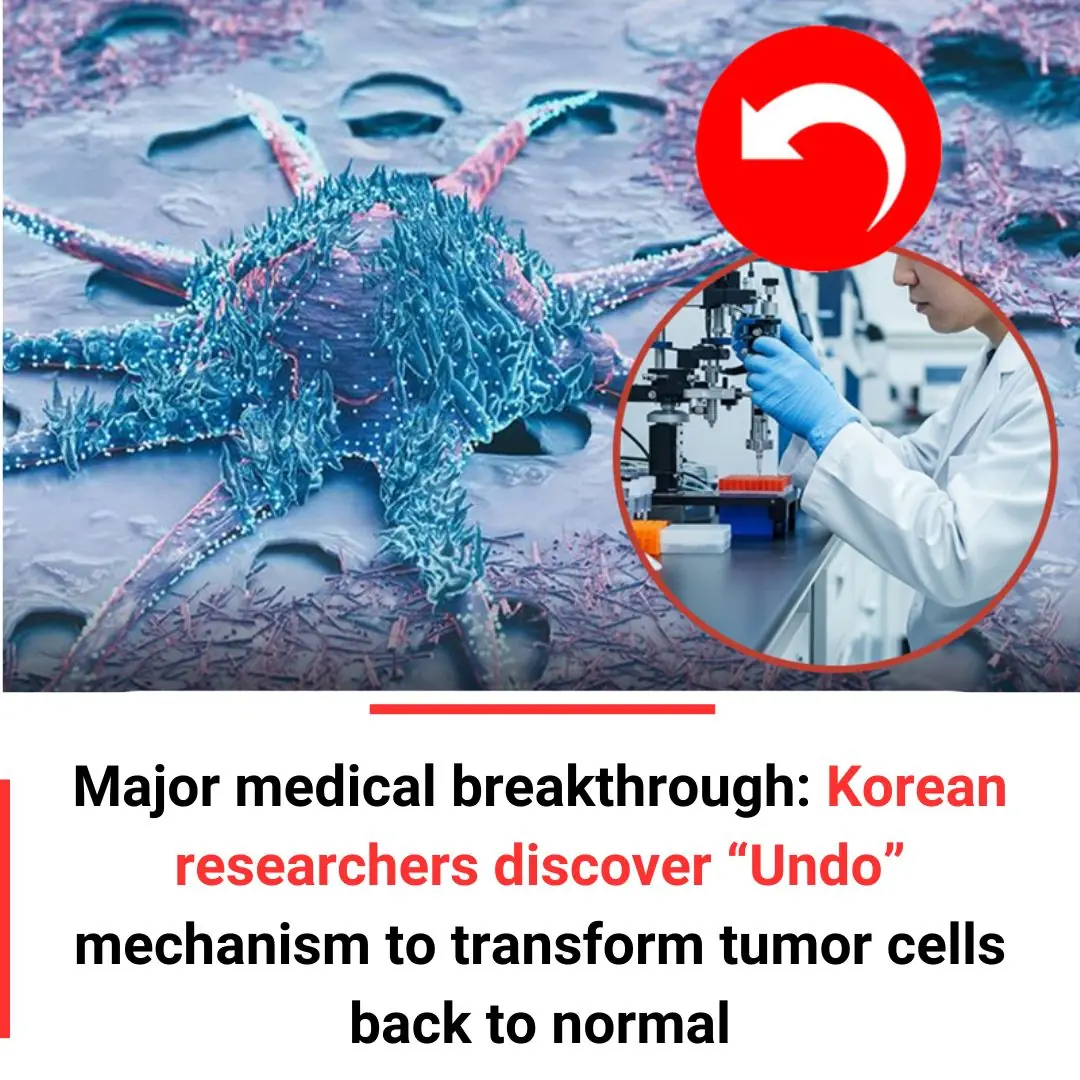
The Innovators Behind the Discovery
The study is led by Professor Kwang-Hyun Cho from KAIST’s Department of Bio and Brain Engineering, whose team has harnessed cutting-edge digital modeling to decode and manipulate the complex gene regulatory networks that govern cellular behavior.
Professor Cho emphasizes, “The ability of cancer cells to transform back into healthy cells is a remarkable phenomenon. Our study shows that this reversion can be systematically induced.” This discovery marks a fundamental shift in oncology—from eradication to restoration.
Understanding the Science: Cellular Differentiation and Cancer
Cancer develops when cells acquire mutations that disrupt their normal growth and differentiation processes. Typically, treatments focus on killing these aberrant cells. However, such destruction often affects healthy cells and may lead to therapy resistance or tumor recurrence.
KAIST researchers revisited the biological process of differentiation—how immature cells mature into specialized types—and theorized that cancer cells could be coaxed to resume normal differentiation paths, effectively “healing” themselves.
Their approach utilized digital twin technology to create a detailed simulation of the gene networks that control cell fate. This digital twin replicated the dynamic interplay of genes in both normal and cancerous colon cells, enabling researchers to pinpoint master regulators—key molecular “switches” capable of guiding cancer cells back to a normal state.
The Role of Digital Twins in Cancer Research
Digital twin technology, borrowed from engineering and manufacturing, involves creating a virtual replica of a complex system to simulate, predict, and optimize its behavior. Applying this concept to cellular biology allowed the KAIST team to analyze vast genomic data and identify how to manipulate cancer cells at the molecular level without invasive procedures.
Through simulation, they identified targets for intervention that could reset the cancer cells’ abnormal programming. This technique allows for the possibility of turning off oncogenic signals and reactivating normal cellular functions.
Implications for Future Cancer Treatments
The ramifications of this research are vast. Unlike chemotherapy or radiation, which indiscriminately kill dividing cells, this method could potentially treat cancer by restoring cellular normality—thus preserving healthy tissue and minimizing side effects.
Moreover, by focusing on the root causes of malignancy at the gene network level, the likelihood of tumor recurrence due to resistant cancer cells may be significantly reduced. This represents a paradigm shift: cancer therapy could evolve from a battle of destruction to one of rehabilitation.
Challenges and Next Steps
While promising, this research is at an early stage and has been demonstrated primarily in vitro (in lab conditions). Translating digital twin-based therapies to clinical settings will require extensive trials, validation, and development of delivery mechanisms to modulate gene expression safely in patients.
Further investigations will also explore whether similar techniques can be applied to other cancer types beyond colon cancer, broadening the impact of this innovative approach.
Related Scientific Advances
This discovery aligns with growing evidence that cancer cells possess plasticity—the ability to change states—and that epigenetic and molecular interventions can reprogram malignant cells. Studies in hepatocellular carcinoma, breast cancer, and leukemia have hinted at cellular reversion mechanisms, but KAIST’s digital twin approach is among the first to map and control this process precisely.
Dr. Jane Kim, a leading oncologist not affiliated with the study, remarks, “This approach is exciting because it challenges the dogma of cancer treatment. If we can reliably revert cancer cells to normal ones, it opens new avenues for safer therapies. The challenge will be ensuring that this reprogramming is complete and durable.”
FAQs About This Breakthrough
Q: How do researchers convert cancer cells to normal cells?
A: KAIST scientists utilize digital twin technology to simulate gene networks and identify molecular switches that guide colon cancer cells back to a healthy state without destroying them.
Q: Why is this new treatment important?
A: Unlike traditional therapies, this method minimizes side effects and recurrence risks by reprogramming cancer cells into normal-like cells, potentially offering safer and more effective treatment options.
The Broader Impact on Cancer Care
If successfully translated to clinical practice, this technique could reduce the physical and emotional toll of cancer treatment on patients. Side effects such as fatigue, nausea, and immunosuppression, common with current therapies, might be lessened.
Furthermore, this therapy’s precision could help avoid overtreatment, preserve patient quality of life, and reduce healthcare costs associated with managing long-term treatment complications.
Ethical and Regulatory Considerations
The development and implementation of gene reprogramming technologies raise important ethical and regulatory questions. Ensuring patient safety, preventing unintended gene alterations, and equitable access will be critical. Regulatory bodies will need to establish guidelines for these novel biologically based therapies.
Conclusion: A New Frontier in Oncology
The KAIST team’s breakthrough represents a hopeful future where cancer treatment is not synonymous with destruction but with regeneration. Through digital twin modeling and gene network manipulation, reprogramming cancer cells into healthy counterparts may soon become a reality, offering patients renewed hope and less burdensome therapies.
